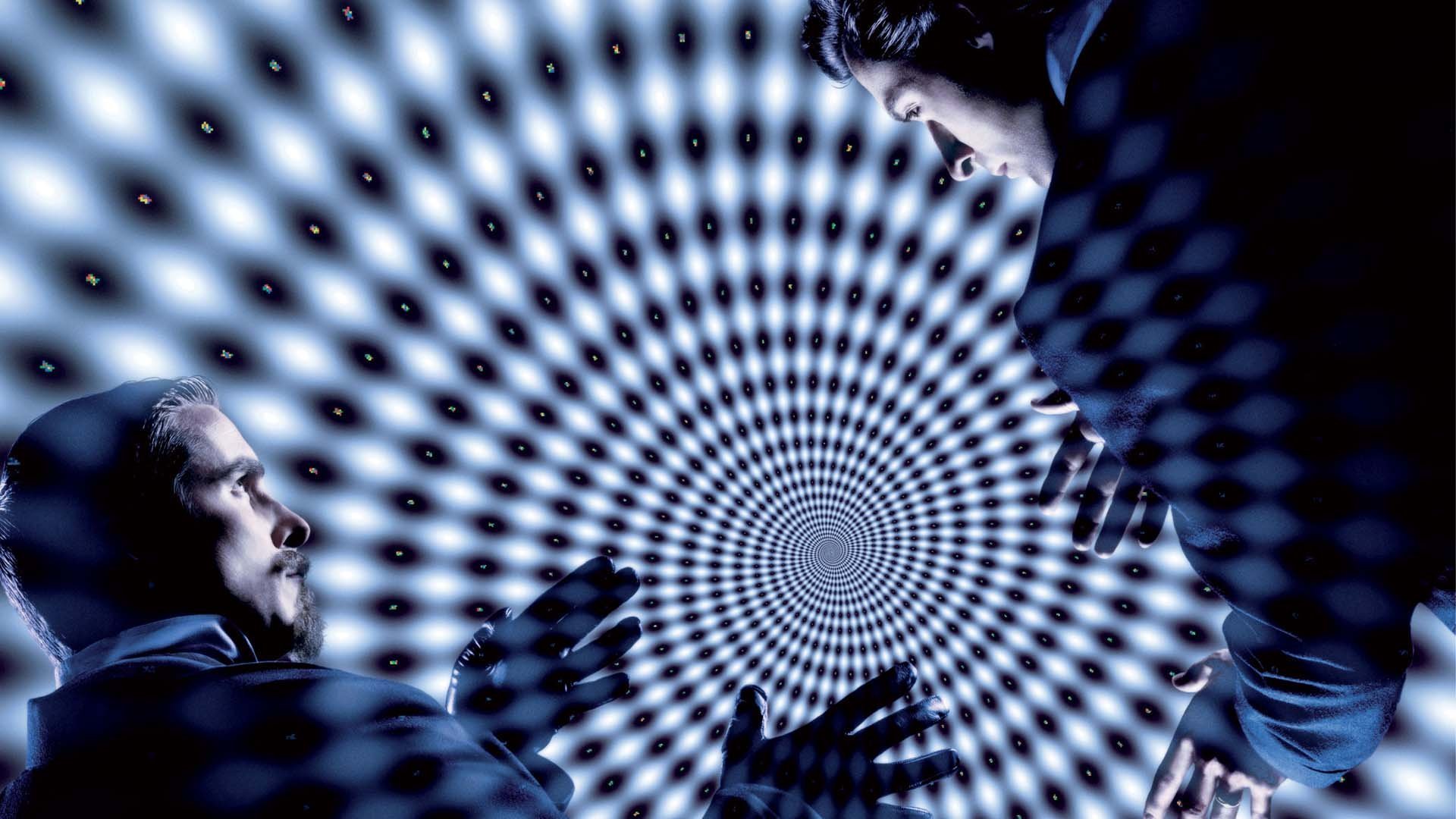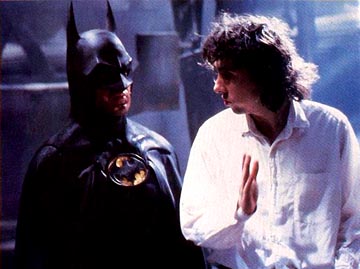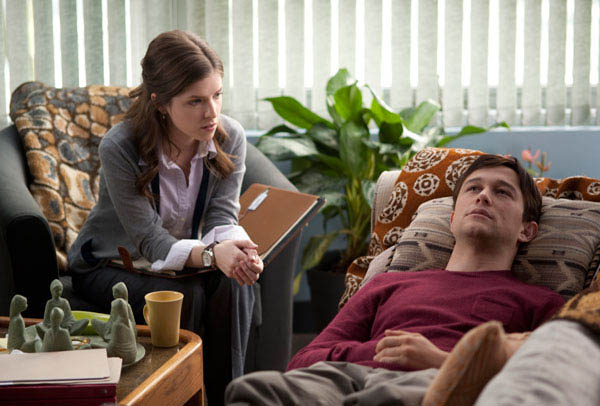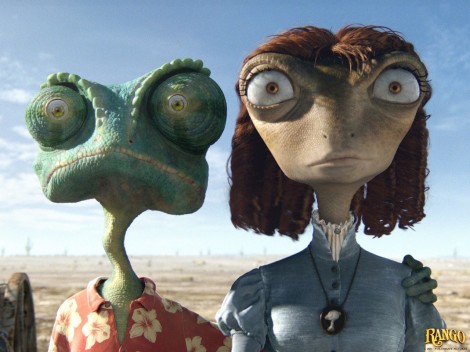
This is a revised version of a review I posted on another blog in the summer of 2010
Four years after directing and starring in Henry V (1944), Laurence Olivier turned his directorial to what is arguably Shakespeare’s greatest tragedy, Hamlet. As in Henry V, Olivier both directs and stars in the film as the title character. While the character of Henry V presents his own challenges, the character of Hamlet, as well as the play itself, is one of the most challenging for actors and directors. Olivier manages both as an actor and a director, to craft what may be the finest screen adaptation of Hamlet.
Hamlet is at its core a psychological drama. By being “a study in Hamlet” it by default becomes a study in the character of Hamlet. The study is so intimate that Olivier speaks some of Hamlet’s dialogue in voiceover. The “O that this too too sullied flesh” is delivered mostly in voiceover, with Olivier making a few exclamations. The “To be or not to be” soliloquy is also delivered partly in voiceover. There’s a part of me that wishes Olivier had delivered his first soliloquy without voiceover since it’s the introduction to the character. I would have liked to see a full performance. Still, I cannot deny the effectiveness of the technique. It helps makes the film cinematic and capturing the psychological intimacy for which it strives. I think this technique works best for the scene where Hamlet is about to Kill Claudius. It makes Hamlet would be thinking rather than speaking in this moment. Thankfully Olivier does not overuse the voiceover like Roman Polanski did in his Macbeth, which is not a knock against that film.
Laurence Olivier is a theatrical performer yet he also has control of his performances. Even his Othello started out more restrained before building up into a jealous rage. As Hamlet, Olivier is eloquent and understands that despite Hamlet’s sense of theatricality he is an inward character. The problem with the rest of the cast is that while they are all quite good, I can’t quite remember them as clearly as I would like. For me, the most memorable was Jean Simmons. She makes a wonderful Ophelia, very believable as someone with whom a man could fall in love. I found Terrence Morgan as Laertes a little too formal at first but when he returns near the end of the film I thought it was a better performance, more passionate. Basil Sydney doesn’t try to make Claudius evil. He plays him just as a man. Ironically, the killing of his brother seems less evil than when he tries to kill Hamlet. What I find most impressive about Eileen Herlie’s performance is that she was thirteen years Olivier’s junior yet has the aura of an older woman. She makes a strong choice, probably under Olivier’s direction, to make clear that Gertrude is suspicious of Claudius. It makes the drinking of the cup a stronger final action. If she is suspicious she sacrifices herself to expose Claudius.
Hamlet lends itself well to a cinematic interpretation. With its ghost story elements, a royal castle as its location, sword fighting, and intense psychological drama, a director has quite a bit to experiment with using the visual medium. As a visual representation of the play, it’s evocative of the chilling ghost story element of the play and of the gloomy, vast yet claustrophobic castle of Denmark. Olivier successfully does give the audience a chill with his depiction of the ghost. In the closet scene, Olivier gives us a point of view shot for the ghost. This shot suggests that the ghost is real in this scene and is a unique way to scare the audience. Olivier moves his camera through the castle smoothly, creating an atmosphere of suspense and, as Rafferty describes, the feeling that the eye of God is watching the events of the play. This interpretation is similar to Akira Kurosawa’s view on his film Ran, which is an adaptation of Shakespeare’s King Lear.
One shot I like is the “balcony” shot that comes before Hamlet’s first soliloquy. It is both cinematic and echoes how an audience member may view the Olivier if this was on stage. Of course, Olivier does make it cinematic by using a crane shot to come down to the “stage” so to speak, then cutting to a close-up of Hamlet. Olivier calls attention to how the action would look from a balcony then breaks the illusion by bringing the audience closer with the crane shot and then with the close-up
I also like the echoing shots of Ophelia from behind, looking at Hamlet in the dinner area and the shot of Hamlet from behind, looking at Ophelia as she walks away. In the middle is a medium shot of Ophelia looking at Hamlet, interrupted from behind by her father Polonius. These moments couldn’t quite be captured on stage the way they are on film. Particularly since Hamlet’s first soliloquy is followed by the dialogue between him and Horatio about the ghost, whereas in the film this conversation comes after the first scene with Ophelia.
The black and white photography is quite striking as well. Olivier’s film version of Henry V was what one could call a Technicolor epic. Its colour photography was appropriate for its upbeat tone (It was made in part to support British troops). I don’t think colour photography would have worked for Hamlet at this time, so I’m glad black and white was used.
I think the only part where Olivier goes wrong is the opening narration, in which Olivier says “This is the tragedy of a man who could not make up his mind. I think this misses a larger point about the character. I believe Hamlet knows what he wants to do, which is to avenge his father. The “making up his mind” part comes from not knowing how to do so or even if Claudius is guilty. Also, I think the “O what a rogue and peasant slave am I” soliloquy should have been kept. I just feel there’s something too essential about the soliloquy for it to be taken out. It displays how Hamlet is angry at himself for not acting against his uncle. The soliloquy is also a great lead up to Hamlet’s plan concerning the play.
I think the only part where Olivier goes wrong is the opening narration, in which Olivier says “This is the tragedy of a man who could not make up his mind. I think this misses a larger point about the character. I believe Hamlet knows what he wants to do, which is to avenge his father. The “making up his mind” part comes from not knowing how to do so or even if Claudius is guilty. Also, I think the “O what a rogue and peasant slave am I” soliloquy should have been kept. I just feel there’s something too essential about the soliloquy for it to be taken out. It displays how Hamlet is angry at himself for not acting against his uncle. The soliloquy is also a great lead up to Hamlet’s plan concerning the play.
Laurence Olivier’s Hamlet stands as a terrific example of how to do Shakespeare on screen. Visually and acting wise Oliver makes Shakespeare in to exciting cinema.











.jpg)










